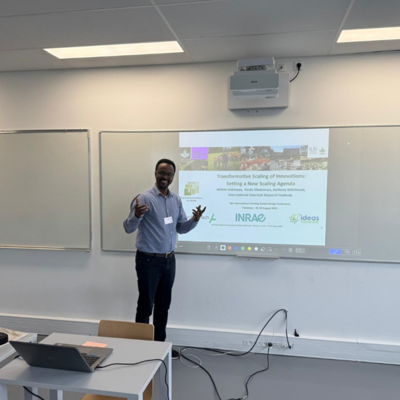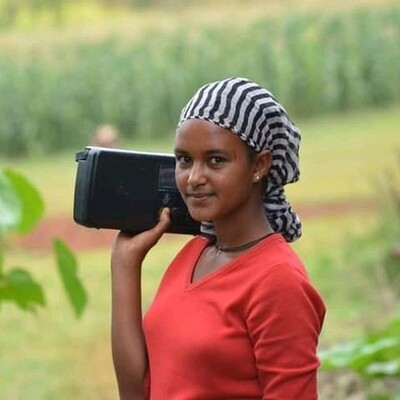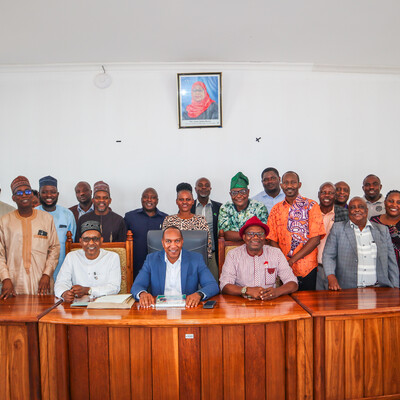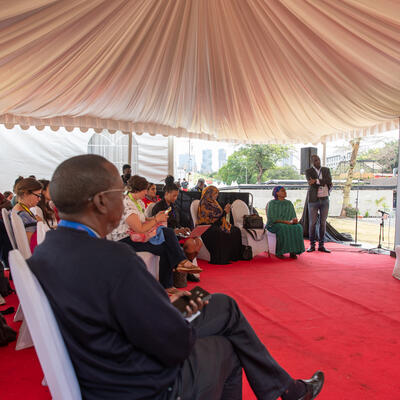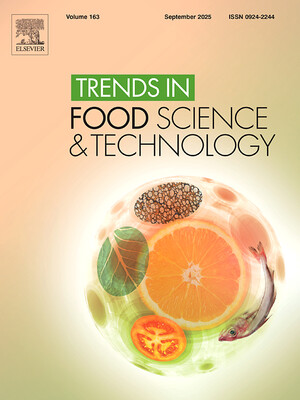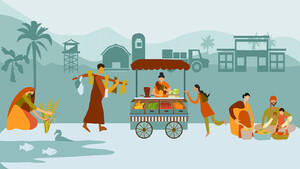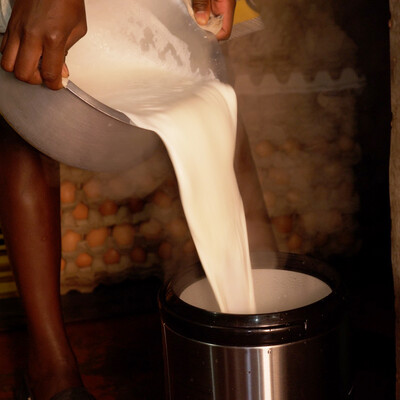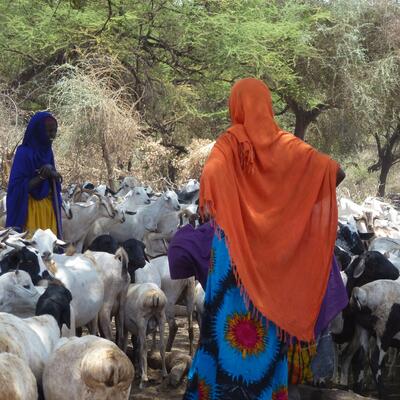
Women’s Economic Empowerment and Household Food Security in Kenya and Tanzania
This study explored the opportunities and constraints that women livestock keepers experience in accessing and participating equitably in livestock value chains. It analyzed the trade-off, complementarities and synergies between increasing women’s access and control of income from livestock and livestock products and household food security. Through comparative case study analyses in Kenya and Tanzania, this project investigated the economic opportunities available to women livestock keepers the gender dynamics of livestock market participation and income control and expenditure and how these in turn shape opportunities for women to move out of poverty. The project also looked at the role of livestock in enhancing the food security of vulnerable households by filling in food deficit gaps through purchases from livestock income, contributing to household dietary diversity, and the use of livestock products in their own diets.
Project Objectives
The general objective of the project (being implemented in Kenya and Tanzania) will be to develop practical strategies for increasing women’s benefits from livestock value chains in improving household food, income and nutrition security. The specific objectives include the following:
(i) Examine the role of livestock in improving food security and as a coping mechanisms during food deficit periods for vulnerable households
(ii) Analyze the role of women’s economic empowerment through market participation and income control in enhancing household food and nutrition security
(iii) Develop gendered policy options and strategies to improve livestock value chains (types of livestock, products, and markets, institutional arrangements) that potentially have the greatest impacts on women.
(iv) Develop simple decision support tools for trade-off analysis and management options to guide women livestock keepers, women’s groups and development interventions to improve livestock value chains that potentially have the greatest impacts on women and food security.





